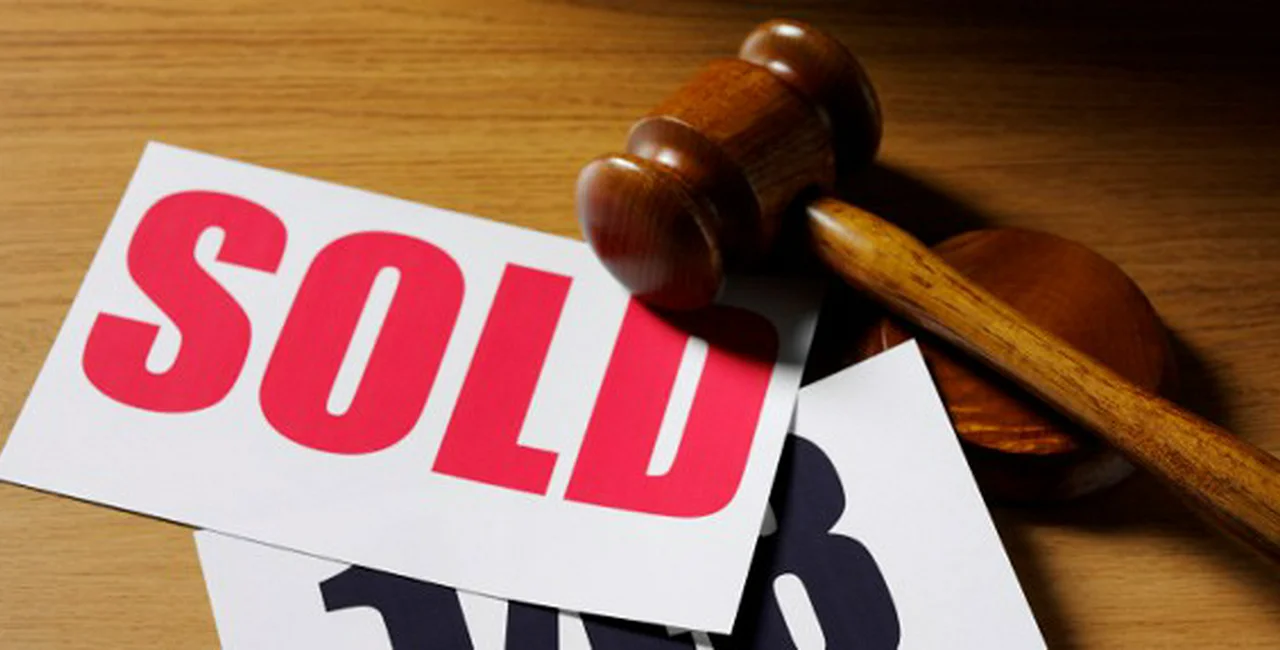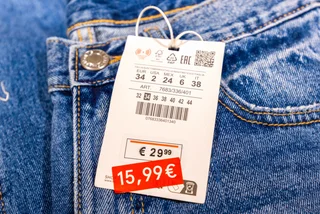If movies are to be believed, there is an excitement about auctions. The expectation, the competition, the toing and froing of bids as one by one participants drop out can amount to an exciting spectacle. Okay – not all auctions are so grand, but even on a small scale, there is a degree tension as you wait to see what the final price will be. For bargain hunters, it can be a sport as well as a chance to find some cheap deals.
Getting into the Auction
Though the auction I attended at the auction hall of Naxos was a low-key affair, it gave me a sense of the dynamics of such an event. The bidders were overwhelmingly men, and while the ages were middle-age to retirees, there were a couple of guys in their twenties.
A translator is definitely necessary unless your Czech is very good. The information at the beginning came thick and fast, and given the technical nature of some of it, it wouldn’t hurt to have it clarified – or send a Czech speaker with power of attorney and watch from the sidelines.
The auctioneer read out the bid for a piece of land, starting at 45,000 CZK, and within about ten minutes the price rose in increments of 2000 and 3000 CZK, the new offers bouncing back and forth between the two main bidders, until a final price of 200,000 CZK was reached.
Libor Nevšímal, a spokesman for Naxos, said there were too many advantages to auctions to mention. However, he did say that purchasing property through auction is the safest way because of “transparency and problem-free and indubitable transfer of ownership.”
One participant at the auction echoed Nevšímal’s claim. The gentleman, who wouldn’t give his name, said he often went to auctions. “They are safer. You know the place has been properly checked,” he said. The possibility of getting property at a lower price was another reason, with the possibility of purchasing property at 30% below the market price.
Bidding on the House
If you want to take part in a public property auction, finding information is quite straightforward. You only have to visit the official website for public auctions, where you can either choose to click on the ‘auctions calender’ under title ‘Public auctions’ in the ‘Main auctions’ section. Or on the left of the screen there is column in blue which has auction announcements at the top. Using either can help you find when, where, and what is up for grabs. Going through the upcoming events shows that most of the auctions will be for property – either blocks of land, apartments, or houses.
This point brings us to one of the key facts about the website, which you need to know in advance. While the static information is in English, the specific information for a given auction will be in Czech. A listing looks something like this:

The term VĚCI NEMOVITÉ is an important one. It literally means immovable items and can refer to a block of land (pozemek), house (rodinný dům) or apartment (byt). The other term, VĚCI MOVITÉ, refers to personal property and includes machines, artwork, furniture and anything else which can be easily picked up and taken away.
Whether you find an auction by the auction listing or by the calendar, you will need to click on the Auction designation, which is a string of numbers. In the calendar section it is found under the title ‘Auction designation’. If you go through the ‘Auction announcement’, it is at the very top of each individual listing beside the word ‘auction’. Clicking on the designation will give you much more specific information about the what, when, where and how much it the starting bid as well as the minimum bid increment (the smallest amount by which a bid can be increased by a bidder). Some information may be missing, in which case you will see either nezadaný subjekt or nezadáno, meaning the information in question is unspecified.
An alternative list is available from The Czech Association of Auctioneers (Česká asociace dražebníků). The list shows you the time of the auction, the nature of the item on auction, the starting bid, where the auction is taking place, and the auctioneer who is conducting the auction all on one table. It also has the auction designation on the left of the page to access more information. One last source of property actions is visiting the websites of auctioneers. The drawback with this approach is the number of auctioneers. However, with patience you may find an auction not listed on the public lists. Furthermore, you will need to visit the auctioneer’s website anyway because the precise time is not listed on Centrální Adresa.
If you’re not in the market for real estate, you can also find auctions for other goods. Two sources of this information are the Customs Office (celní úřad), which are announced on their homepage under ‘POŘÁDANÉ DRAŽBY ‘.
Another possibility is the Chamber of Executors (Exekutorská komora). Despite the sinister name, the office is concerned with the sale of seized of goods. These goods are then sold at auction. To find one check this list.
Rules of Conduct
If you take part in a public auction, you should know a little about the expected behavior in advance. Any public auction is conducted in accordance with the Law on Public Auctions (in Czech).
Here are some of the key points covered in the law:
– The auction is in Czech, though you can bring a translator at your own expense. The translator has to be announced before the start of the auction.
– There is a registration fee of 100 CZK.
– Objects of cultural value, such as artifacts and art works, must have a certificate of permanent export.
– Auctioneers fees for sales up to 1 million is up to 10%. The fee is negotiated with the auctioneer and paid from the sale of the item.
– Participants in the auction must register 30 minutes before the start of the auction.
– The general public is admitted 10 minutes before the start of the auction.
– Payment depends on the final price. For items up to 200,000 CZK, payment is immediate. Over 500,000 CZK, the period is no less than 10 days.
– Written confirmation of sale is provided at the end.
– Each bid must be of at least the minimum bid amount, which is announced with the auction information (see the section above).
– The tax on real estate sold at auction is 3% of the final price. The tax is paid by the bidder.
The Art of the Auction
Because of the nature of the items of sale and the clientele involved, there will be some important differences between public auctions and art auctions. I contacted Jennifer Hejtmánková from Galerie Arcimboldo to get a better idea of what happens at these events.
Ms. Hejtmánková said that the auctions are in Czech, though the auctioneer can communicate in English if necessary. In fact, the people at Galerie Arcimboldo can speak a number of languages including French, German and Chinese. “Let’s put it this way – we won’t hang up the phone if you call us and try to speak something other than English or Czech!” she said.
Galerie Arcimboldo is a good example of how an auction house tries to accommodate an international clientele with modern technology. It is not necessary to physically at the auction to make a bid. Ms. Hejtmánková said that apart from being present you can make an absentee bid, bid via phone, or bid live online via Artfact portal.
“In all cases, we require that you register, which means filling out a simple form with your contact information, bank details, and your signature, and we also take a copy of your passport or other state-issued ID. This is in accordance with the Czech law on auctions,” she said.
Before the auction, there is an exhibition three days before the sale as well as the possibility of view on line at their website, Artfact.com, Lot-tissimo.com and The-Saleroom.com. Clients can also request shots from specific angles, which Ms. Hejtmánková said they try to accommodate as best they can.
As with all auctions, you pay the hammer price plus the buyer’s commission. “In our case it is 24%. No VAT is charged on the items themselves. Many items will require an export permit before they can be legally taken out of the country – this is the buyer’s responsibility, however.”
These are some of the basics of auctions in the Czech Republic. What experiences have you had?
Related articles












 Reading time: 6 minutes
Reading time: 6 minutes 

















